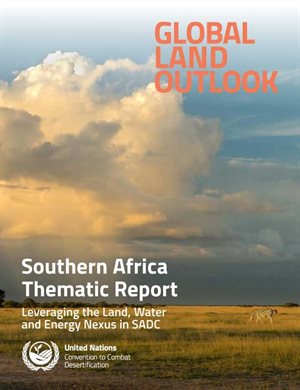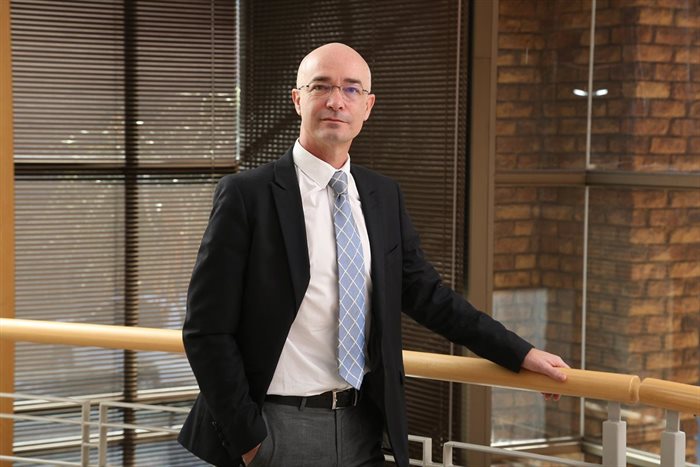
Top stories

Marketing & MediaAfrican journalists encouraged to apply to Wikipedia's Open Knowledge Awards
3 Feb 2026





“This GLO considered the complex factors around land degradation in Southern Africa and the region’s responses,” said SRK partner and environmental consultant, Darryll Kilian, who led the study.
“We were also asked to highlight the cross-sectoral linkages of land-water-energy (LWE) systems or nexus points that can be used to leverage progress towards achieving land degradation neutrality (LDN).”
To deliver these insights in a practical format that engaged with SADC member countries’ institutions and commitments, the study team examined a vast range of documentation on policies and conventions. These ranged from desertification and biodiversity to climate change, and covered global, regional and national protocols.
“We needed a detailed understanding of the vision and plans for the region to map out the landscape of where it was currently and where it wanted to get to,” he said. “We also needed to reflect what progress was being made towards these goals, so referred back to documents like the SADC Regional Indicative Strategic Development Plan 2020-2030 (RISDP), which has a 10-year roadmap.”
This allowed the various opportunities for LDN to be further explored and emphasised, he said, including the harnessing of aspects like water, renewable energy and land. Challenges to progress included maintaining the condition of land, preserving the ecosystems on which people rely, and accessing funds to harness renewable energy to achieve better energy access.
“We worked closely with a reference committee headed by the UNCCD Secretariat, which included the SADC Secretariat,” he said. “In addition to providing guidance, this group was able to offer information that augmented our other data platforms.”

Kilian highlighted the task of the team as being to synthesise the vast volume of information and to make it accessible through data-rich infographics, for example, that reflected the current state of affairs in progress toward LDN.
“We also conducted one-on-one interviews with stakeholders in the different regions,” he said. “After our initial research into the key strategic documentation, we hosted a workshop to which we invited about 80 stakeholders and partners in the region.”
Presenting its initial research to the stakeholders, and proposing an outline for the GLO, SRK was able to gain valuable feedback in terms of case studies. This allowed the report to be well-populated with real-life examples of initiatives from around Southern Africa. These provided insights into how well implementation was working in different socio-cultural, environmental and political conditions.
“This was important, as the document will be used by policymakers and senior officials in government who are responsible for areas like water and land management,” he said. “To be useful, the regional focus needed to be brought down to national and sub-national level too; case studies help to do this so that readers can see their own situation in the examples of others.”

This, he noted, could lead to ‘aha’ moments where decision-makers see successful interventions in other SADC countries that bear relevance and value. Kilian emphasised that the GLO report was not intended to be prescriptive in terms of how SADC countries responded.
“Rather, we developed and presented five ‘pathways’ and associated strategic mechanisms which offer stakeholders an integrative approach through which they could leverage LWE nexus gains,” he said. “These would help incorporate LDN into policy and decision-making at all scales.”
These considerations could improve the impact of LDN projects by building in multiple benefits, improving governance factors and scaling them up from initial pilot schemes. A current example is the local application of the Great Green Wall (GGW) concept, implemented in the Sahel region to reverse desertification. The idea of a southern GGW was endorsed by SADC in 2019, and offers a coordination mechanism to combat land degradation in southern Africa.
The SADC GGW intends to promote synergies between various national and sub-regional bodies working on land degradation, desertification, biodiversity loss and drought. The initiative hopes to advance LWE nexus gains and progress towards LDN.
Read the full report here.